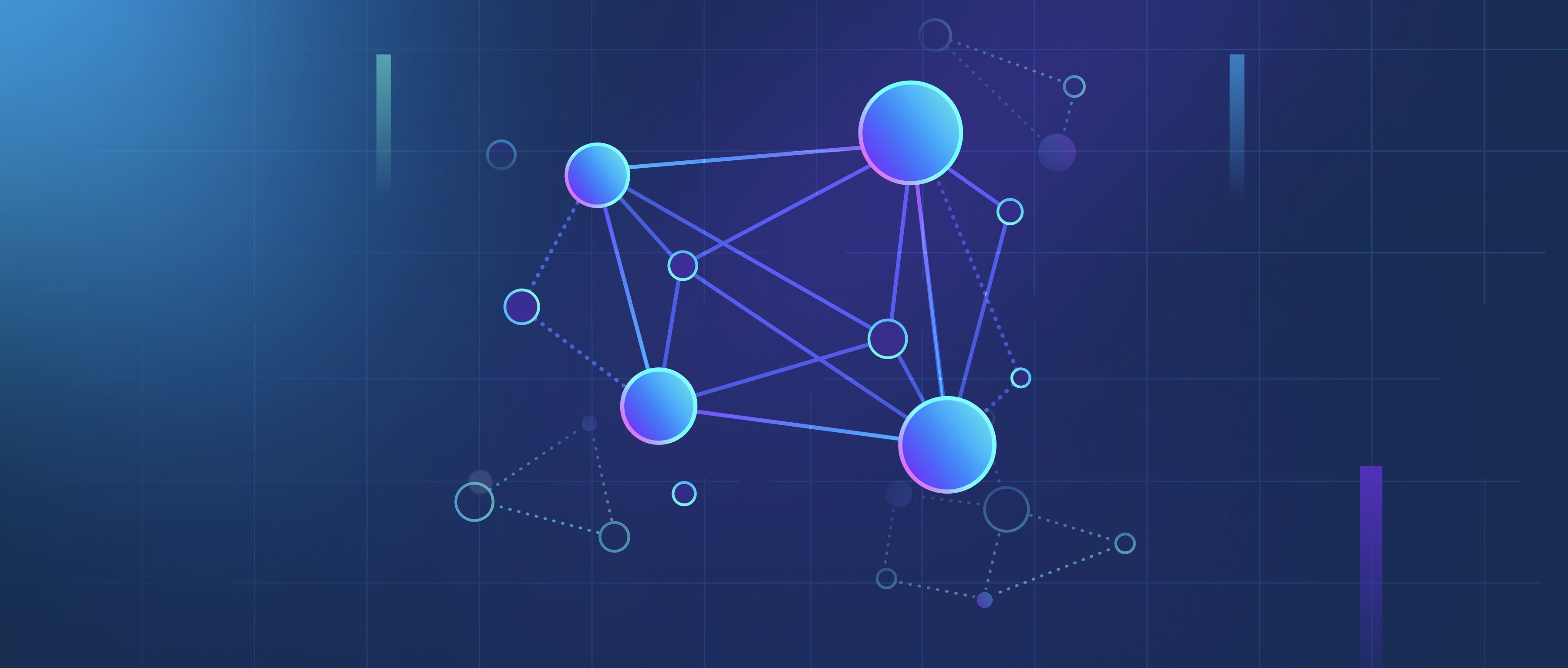Temporal reasoning in AI refers to the ability of a system to understand and manage time-related information. This involves reasoning about time intervals, events, and the relationships between them. For developers, this means constructing models that can process events that change over time, determine their sequences, and make decisions based on those temporal dynamics. At its core, temporal reasoning helps AI systems interpret real-world scenarios that unfold over specific time frames, enabling tasks such as scheduling, planning, and event prediction.
For example, consider a smart home system that needs to manage heating. Temporal reasoning allows it to understand that it should turn on the heating a certain time before the user arrives home. The system needs to account for various factors such as travel time, outside temperature, and the user's usual arrival time, which may vary. By leveraging temporal reasoning, the system can make informed decisions that improve user comfort and energy efficiency. By establishing a timeline for events, the system can predict when the heating should activate, adjusting its behavior based on real-time information.
In many applications, temporal reasoning can be implemented using structured frameworks like temporal logics or through temporal databases. These tools help in querying and managing data indexed over time, allowing for complex querying of how data changes as time progresses. As developers, understanding these concepts is crucial for building robust systems that require awareness of both current and future states. For instance, in an automated inventory management system, the ability to track when products are due to expire or when stock levels need to be replenished relies heavily on effective temporal reasoning capabilities.
